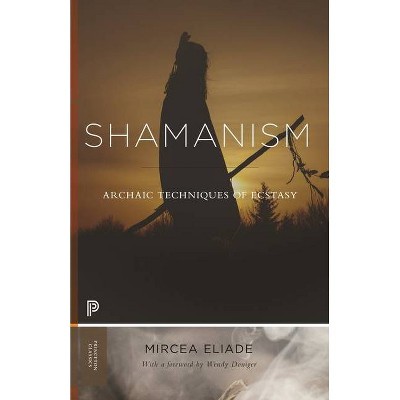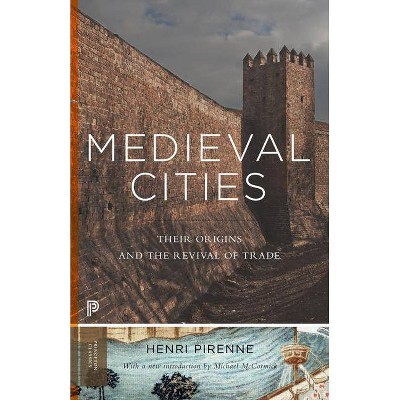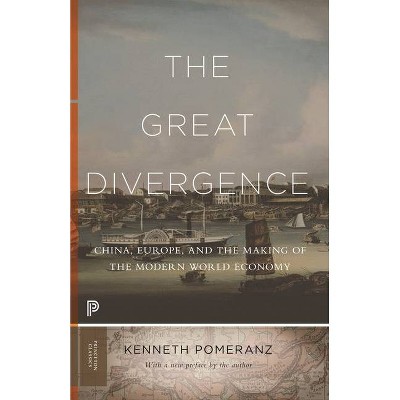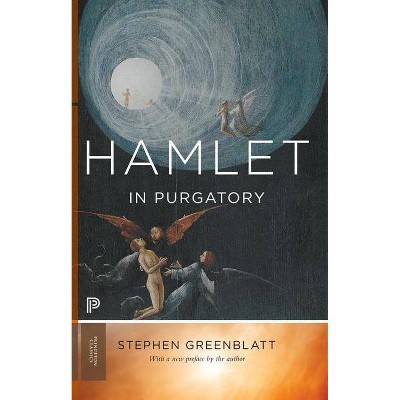Only Yesterday - (Princeton Classics) by S Y Agnon (Paperback)
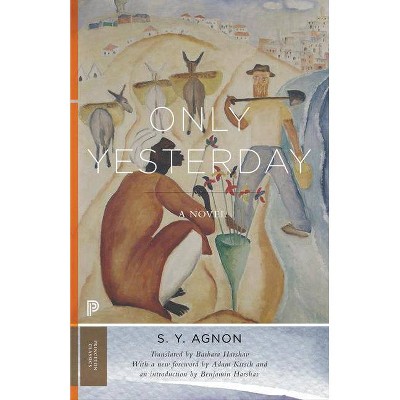
Similar Products
Products of same category from the store
AllProduct info
<p/><br></br><p><b> About the Book </b></p></br></br>Tells a seemingly simple tale about a man who immigrates to Palestine with the Second Aliya -- the several hundred idealists who returned between 1904 and 1914 to work the Hebrew soil as in Biblical times and revive Hebrew culture. Only Yesterday quickly became recognized as a monumental work of world literature, but not only for its vivid historical reckon of Israel's founding society. This epic novel also engages the reader in a fascinating network of meanings, contradictions, and paradoxes all leading to the question, what, if anything, controls human existence?<p/><br></br><p><b> Book Synopsis </b></p></br></br><p>When Israeli Nobel Laureate S. Y. Agnon published the novel <i>Only Yesterday</i> in 1945, it quickly became recognized as a major work of world literature, not only for its vivid historical reconstruction of Israel's founding society. The book tells a seemingly simple tale about a man who immigrates to Palestine with the Second Aliya--the several hundred idealists who returned between 1904 and 1914 to work the Hebrew soil as in Biblical times and revive Hebrew culture. This epic novel also engages the reader in a fascinating network of meanings, contradictions, and paradoxes all leading to the question, what, if anything, controls human existence? <p/>Seduced by Zionist slogans, young Isaac Kumer imagines the Land of Israel filled with the financial, social, and erotic opportunities that were denied him, the son of an impoverished shopkeeper, in Poland. Once there, he cannot find the agricultural work he anticipated. Instead Isaac happens upon house-painting jobs as he moves from secular, Zionist Jaffa, where the ideological fervor and sexual freedom are alien to him, to ultra-orthodox, anti-Zionist Jerusalem. While some of his Zionist friends turn capitalist, becoming successful merchants, his own life remains adrift and impoverished in a land torn between idealism and practicality, a place that is at once homeland and diaspora. Eventually he marries a religious woman in Jerusalem, after his worldly girlfriend in Jaffa rejects him. <p/>Led astray by circumstances, Isaac always ends up in the place opposite of where he wants to be, but why? The text soars to Surrealist-Kafkaesque dimensions when, in a playful mode, Isaac drips paint on a stray dog, writing Crazy Dog on his back. Causing panic wherever he roams, the dog takes over the story, until, after enduring persecution for so long without understanding why, he really does go mad and bites Isaac. The dog has been interpreted as everything from the embodiment of Exile to a daemonic force, and becomes an unforgettable character in a book about the death of God, the deception of discourse, the power of suppressed eroticism, and the destiny of a people depicted in all its darkness and promise.</p><p/><br></br><p><b> From the Back Cover </b></p></br></br><p>"[<i>Only Yesterday</i>] is considered [Agnon's] masterpiece and has a claim to being the Great Israeli Novel."<b>--Adam Kirsch, <i>New Yorker</i></b></p><p>"Ancient religious longing, modern political aspirations, and personal dreams of liberation all intersect.... [Agnon's] writing is so packed, so intensely allusive. This is one of the glories of [his] prose."<b>--Jonathan Rosen, <i>New York Times Book Review</i></b></p><p>"A work of powerful, and eccentric, originality."<b>--Robert Alter, <i>Los Angeles Times</i></b></p><p>"An epic novel ... in a lively and accessible translation by Barbara Harshav. She uncannily captures the highly idiosyncratic voice and lilt, the full measure of provincialism and sophistication, of the master.... For this miracle of a translation ... we can only be grateful."<b>--Tova Reich, <i>Washington Post</i></b></p><p>"Princeton University Press has made Agnon's most celebrated work available for ordinary readers ... with the first English translation of Agnon's ... mega-novel."<b>--Susan Miron, <i>Philadelphia Inquirer</i></b></p><p>"Barbara Harshav's translation--the first ever in English--is thoroughly smooth and enjoyable. She succeeds in preserving Agnon's unique style, Voltaire-like witticism, and literary beauty."<b>--Alexander Zvielli, <i>Jerusalem Post</i></b></p><p/><br></br><p><b> Review Quotes </b></p></br></br><br>"[<i>Only Yesterday</i>] is considered [Agnon's] masterpiece and has a claim to being the Great Israeli Novel."<b>--Adam Kirsch, <i>New Yorker</i></b><br><br>"A work of powerful, and eccentric, originality."<b>--Robert Alter, <i>Los Angeles Times</i></b><br><br>"An epic novel . . . in a lively and accessible translation by Barbara Harshav. She uncannily captures the highly idiosyncratic voice and lilt, the full measure of provincialism and sophistication, of the master.... For this miracle of a translation . . . we can only be grateful."<b>--Tova Reich, <i>Washington Post</i></b><br><br>"Ancient religious longing, modern political aspirations, and personal dreams of liberation all intersect. . . . . [Agnon's] writing is so packed, so intensely allusive. This is one of the glories of [his] prose."<b>--Jonathan Rosen, <i>New York Times Book Review</i></b><br><br>"Barbara Harshav's translation--the first ever in English--is thoroughly smooth and enjoyable. She succeeds in preserving Agnon's unique style, Voltaire-like witticism, and literary beauty."<b>--Alexander Zvielli, <i>Jerusalem Post</i></b><br><br>"Princeton University Press has made Agnon's most celebrated work available for ordinary readers ... with the first English translation of Agnon's . . . mega-novel."<b>--Susan Miron, <i>Philadelphia Inquirer</i></b><br><p/><br></br><p><b> About the Author </b></p></br></br><b>S. Y. Agnon</b> (1888-1970) was awarded the Nobel Prize in Literature in 1966. Among his works that have been translated into English are <i>A Simple Story</i>, <i>In the Heart of the Seas</i>, and <i>Shira</i>.
Price History
Price Archive shows prices from various stores, lets you see history and find the cheapest. There is no actual sale on the website. For all support, inquiry and suggestion messagescommunication@pricearchive.us
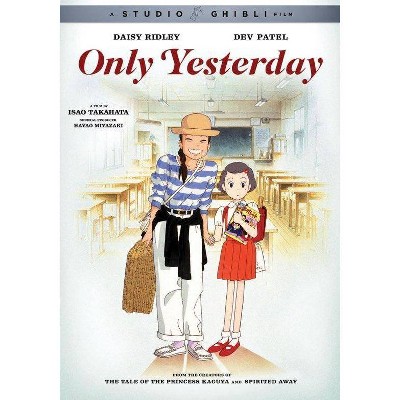
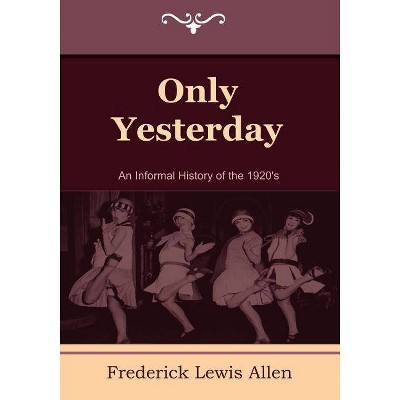
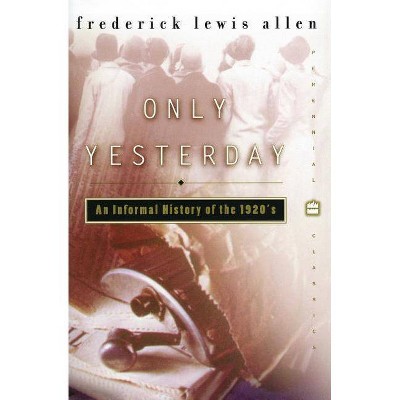
![Only Yesterday [Blu-ray/DVD] [2 Discs] [1991]](https://pisces.bbystatic.com/image2/BestBuy_US/images/products/5209/5209102_so.jpg)
